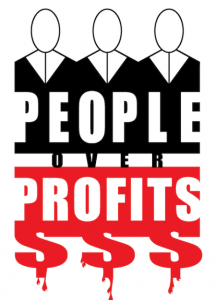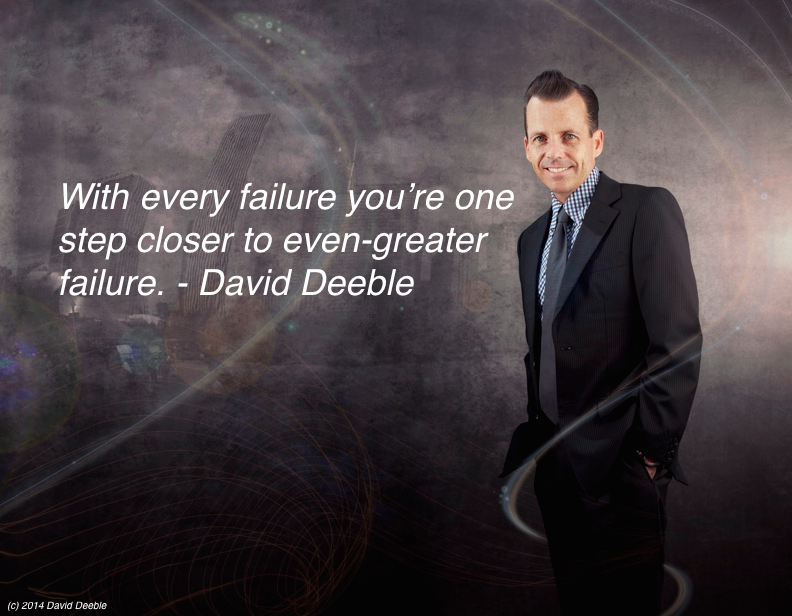
Some time ago Forbes published an article titled The Most Annoying, Pretentious and Useless Business Jargon. Its premise is, in the words of management professor Jennifer Chatman at UC-Berkeley’s Haas School of Business, that “Jargon masks real meaning.” No kidding!
It also serves to as a barrier to entry. In other words, business jargon is a “Win-Win” (a phrase which should only be used when the Yankees lose a double header).
Here, then, is a short talk – ahem – presentation – designed to, among other things, help you fail your way success.
Good evening ladies and gentlemen, it’s a pleasure to be here. I want to thank you for reaching out to me. I’m very happy to connect with you.
It is my intention this afternoon to incentivize you and your organization to take things to the next level. Think of the ideas I discuss with you today as a kind of 5-Hour Synergy for any corporate culture which dares to employ them.
I know first-hand the efficacy of these ideas as I have employed them throughout my career and in my personal life. It is my hope that by opening my kimono that I’ll be able to increase your learnings.
This talk is more than just about best practices. It’s about how to think outside the box in order to get leverage. Then, how to leverage that leverage. More importantly, it will teach you to empower others and, more importantly, empower yourself. Your authentic self, of course.
These solutions are as scalable as they are actionable. They will challenge your corporate values which, in any event, are much more fun to talk about than corporate virtues, if any.
And while I hope that you employ these principles to maximize effectiveness, make no mistake: failure is always a possibility. But don’t fear failure. It is a key component on the path to success. In fact, failure is a form of success. I’ll go further: failure is an end in an of itself.
It can be painful to work hard on a mission-critical project only in the end to be forced to take it offline, but by doing so you reveal core competencies. And your peripheral competencies. And for that matter, your core mediocrities as well.
If you have any questions there will be some wriggle room at the end of my presentation to take your questions. Remember, there’s no such thing as a silly question, so long as it is sincere. If something doesn’t make sense to you, by all means, let’s talk that. And if you would like to share your own ideas I hope you don’t hesitate loop us all in.
So let’s get started, as cutting into the next presenter’s time is plain-bad optics.
What are your least-favorite examples of corporate-speak? Leave them in the comment section below.
Return to www.daviDDeeble.com.
 You go to a comedy club to see some comedians you’ve never heard of and who ends up doing a set but Jerry Seinfeld. Seinfeld benefits only little from the set – maybe he’s not getting paid and the short time he spends onstage helps only little to hone his set – but the value he ads to the show and your experience is incalculable.
You go to a comedy club to see some comedians you’ve never heard of and who ends up doing a set but Jerry Seinfeld. Seinfeld benefits only little from the set – maybe he’s not getting paid and the short time he spends onstage helps only little to hone his set – but the value he ads to the show and your experience is incalculable.










